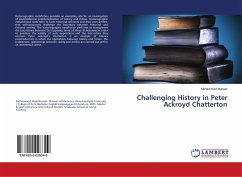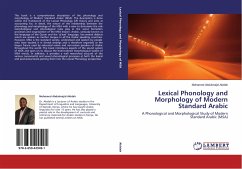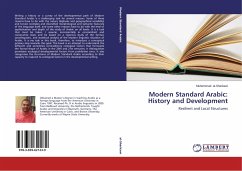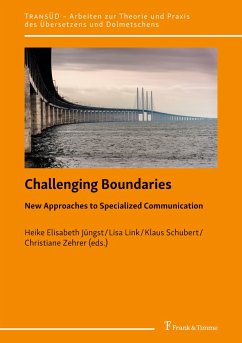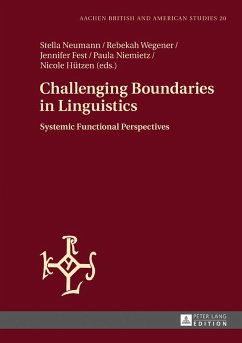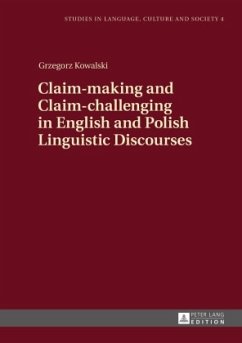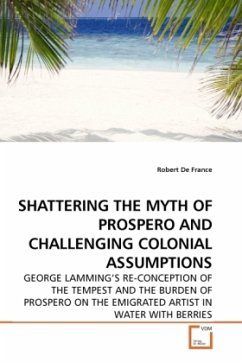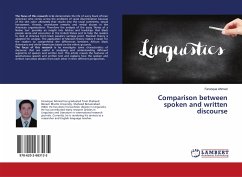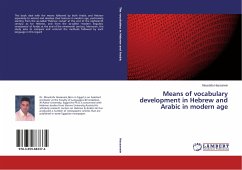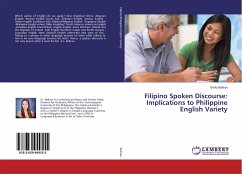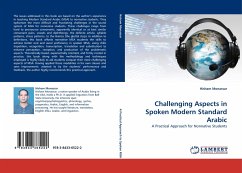
Challenging Aspects in Spoken Modern Standard Arabic
A Practical Approach for Nonnative Students
Versandkostenfrei!
Versandfertig in 6-10 Tagen
45,99 €
inkl. MwSt.

PAYBACK Punkte
23 °P sammeln!
The issues addressed in this book are based on the author's experience in teaching Modern Standard Arabic (MSA) to nonnative students. They epitomize the most difficult and frustrating challenges in the sound system of MSA for nonnative students. These challenges range from hard to pronounce consonants, apparently identical or at best similar consonant pairs, vowels and diphthongs, the definite article, syllable patterns, stress patterns, to the Hamza (the glottal stop). In addition to definitions, this book affords nonnative MSA students the skills to achieve better oral and aural proficiency...
The issues addressed in this book are based on the author's experience in teaching Modern Standard Arabic (MSA) to nonnative students. They epitomize the most difficult and frustrating challenges in the sound system of MSA for nonnative students. These challenges range from hard to pronounce consonants, apparently identical or at best similar consonant pairs, vowels and diphthongs, the definite article, syllable patterns, stress patterns, to the Hamza (the glottal stop). In addition to definitions, this book affords nonnative MSA students the skills to achieve better oral and aural proficiency in spoken MSA, using drills (repetition, recognition, transcription, translation and substitution) to enhance perception, reception, and production of the problematic aspects. Theoretically based, experientially oriented, and firmly rooted in practice, this book along with the methodology and techniques employed is highly likely to aid students conquer their most challenging aspects of MSA.Having applied these modalities in his own classes and seen improvement, attested to by the students' performance and feedback, the author highly recommends this practical approach.





